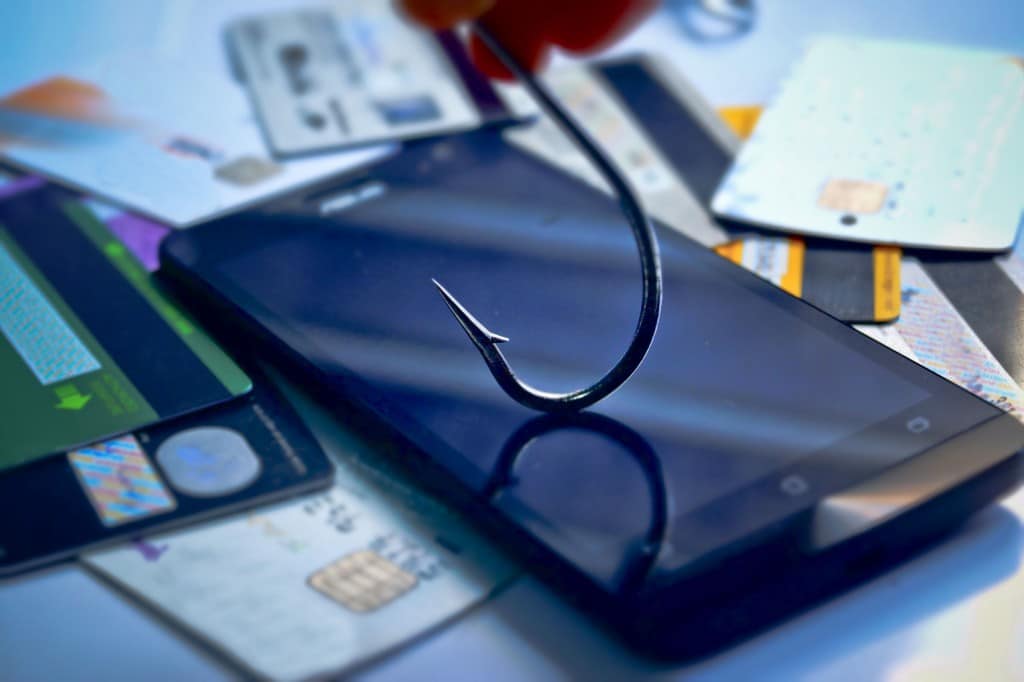Encrypted text messaging helps keeps the data we send over our mobile devices safe from hackers and text message archiving keeps institutions compliant with industry regulations but there is another looming threat on the horizon and people must stay vigilant when it comes to sending sensitive information over their mobile devices.
What is smishing?
Smishing is the new phishing scam and it is migrating from email over to SMS messaging. While many of us have learned to be careful when it comes to answering emails from sources that seem fishy, we aren’t as careful when it comes to our mobile devices.
The new smishing scams are as believable – or even more so – than phishing scams once seemed to be. An SMS text message seemingly from your bank may ask you to urgently verify your PIN number so they can ensure your account has not been breached. Or a notice from the IRS that your filing is overdue and just click here to send in your information and avoid prosecution. These are just two examples of messages uncovered by USA Today.
How do I recognize smishing?
We’re used to communicating with various institutions on our mobile devices and may be tempted to answer right away with the personal information being asked of us. Remember, however, that no one should ever be asking for personal information such as a PIN number via a mobile device. For example, if there were suspicious activity on your account, your bank may send you an SMS text message asking you to verify if you made a certain transaction or asking you to be in touch with their call center, but they will not ask you to send personal and sensitive information over SMS text message.
What should I do with a smishing message on my phone?
The best thing to do with these smishing messages is simply to delete them. Replying will only invite more scammers to attempt to steal your information.
In addition, there is software, such as Norton Anti-Virus and McAfee, that can be installed on mobile phones to help protect from malicious links and sites.
And of course it’s always a good idea to go over monthly bills to make sure nothing slipped past you and money is leaving your account with your knowledge.
As we migrate more of our lives onto technological platforms, we have to remember to stay vigilant in avoiding scams. Messages may be encrypted but we have to make sure we know who is on the receiving end of those encrypted messages. We must have a guiding rule never to send personal, sensitive information via SMS text messaging without knowing who is reading the message on the other side.

